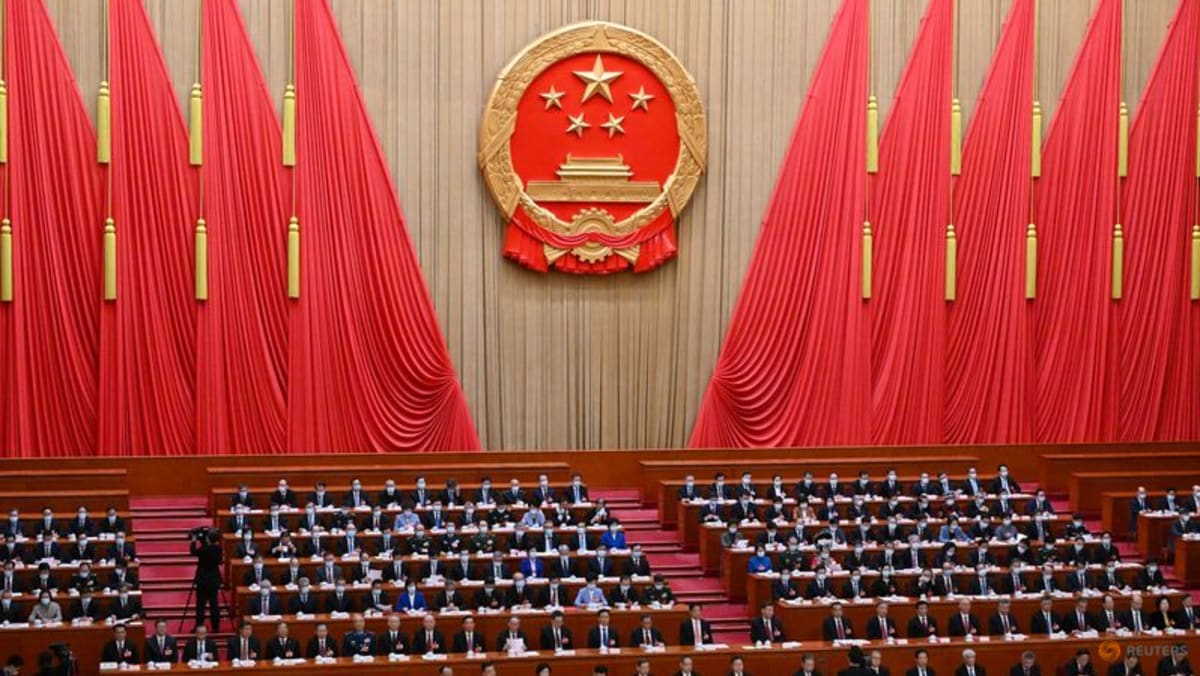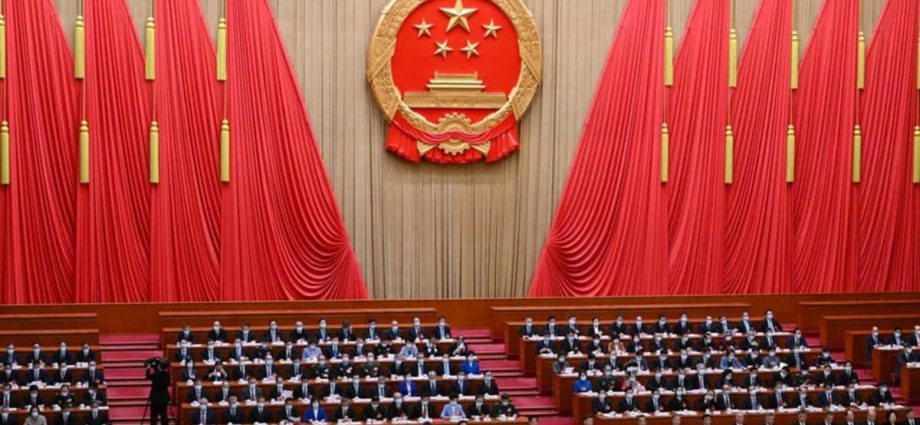
The law does not define what falls under China’s national security or interests.
It expands the definition of espionage to include cyber attacks against state organs or critical information infrastructure, state news agency Xinhua reported.
The revised law allows authorities carrying out an anti-espionage investigation to gain access to data, electronic equipment, information on personal property and also to ban border crossings. Cyberattacks are also classed as acts of espionage.
“International relations continue to sour, suspicions continue to rise, and (there is) increased emphasis on national security and countering espionage,” said Jeremy Daum, a senior fellow at Yale Law School’s Paul Tsai China Center.
The revisions “(adopt) both an expansive understanding of national security and emphasise the consideration of potential security risks in all areas”.
In recent years, China has detained dozens of Chinese and foreign nationals on suspicion of espionage, such as an executive at Japanese drugmaker Astellas Pharma who was detained in Beijing last month. Espionage cases are usually tried in secret due to their links to national security.

